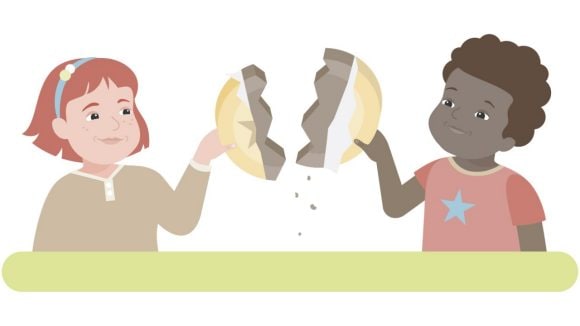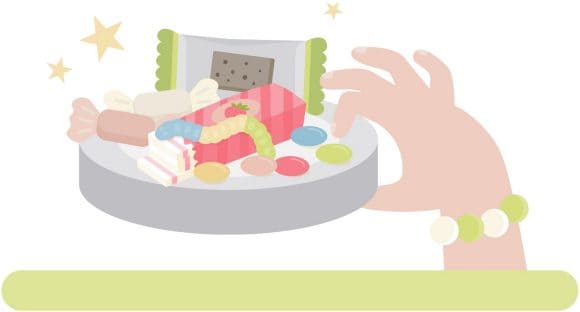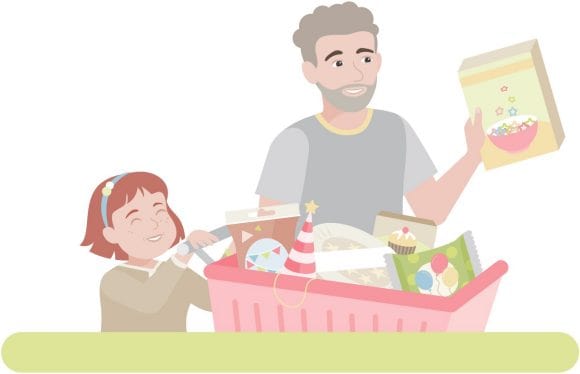Are girls and boys given the same amount of pocket money?
Girls in Switzerland don’t get a lower allowance than boys. But on closer inspection, we see there certainly are differences.

![]()
header.search.error
Girls in Switzerland don’t get a lower allowance than boys. But on closer inspection, we see there certainly are differences.

Survey of pocket money in Switzerland
A representative survey of Switzerland* shows that girls are not shortchanged compared to boys when it comes to how much they receive. Quite the contrary: When girls are given an allowance, they even get a little more – especially between the ages of 9 and 13. But girls do start receiving one later than boys. The survey revealed that boys born second start getting pocket money earlier than girls born second. Curiously, first-borns usually start receiving money around the same age, regardless of gender. Research has not been able to explain the variation.

Learning that financial decisions are your own responsibility
Regardless of when a child received their first allowance, the following remains true: Pocket money or Jugendlohn lets children gradually gather experience with money on their own. They can make mistakes and experience success in a safe environment. Having your own money means taking responsibility for it. These small and large steps help prepare a child to better deal with the money they earn later in life – valuable lessons worth learning young.

Handing over responsibility and reflecting on the financial role you play
Pocket money or Jugendlohn are not the only suitable ways for your child to learn how to handle money responsibly. Even planning a party or family outing or attending a flea market can be a valuable experience and give your child confidence in dealing with money. Also consider this: How do you as parents arrive at your financial decisions? What do you understand your role to be in financial matters at home? Who invests your money and how, and who fills out the tax return? Many factors subtly influence children, which can influence how they later deal with money, their choice of career and much else.
In a nutshell
UBS’s educational principles
This article was written in collaboration with educator Marianne Heller, who has years of experience in teaching financial education and debt prevention programs for children and young people.